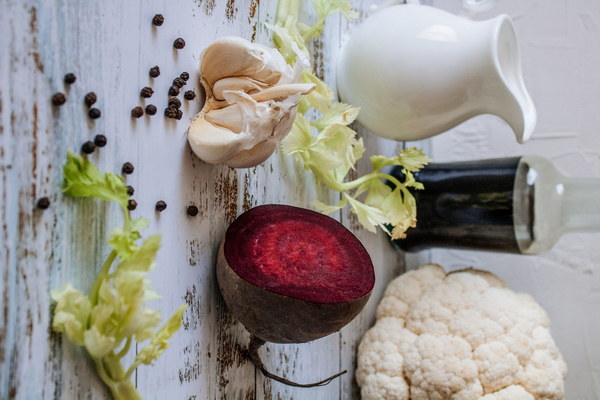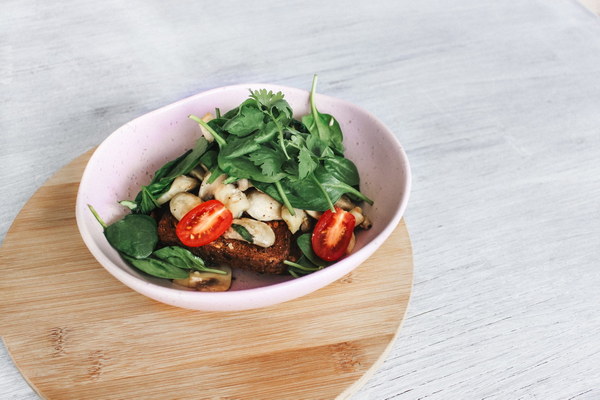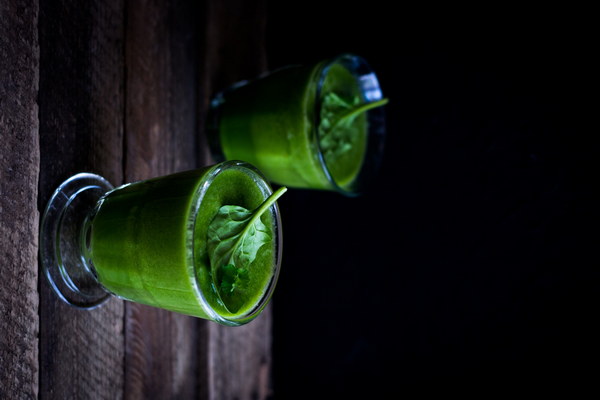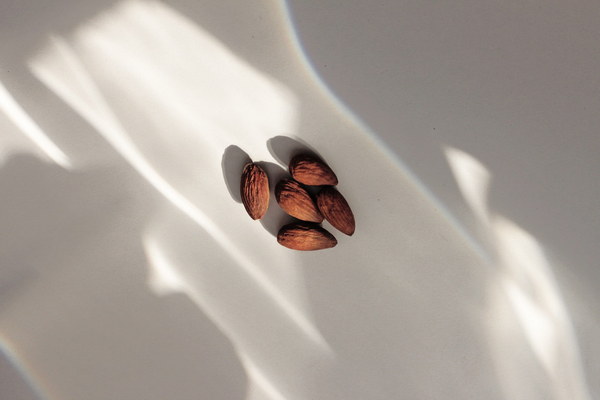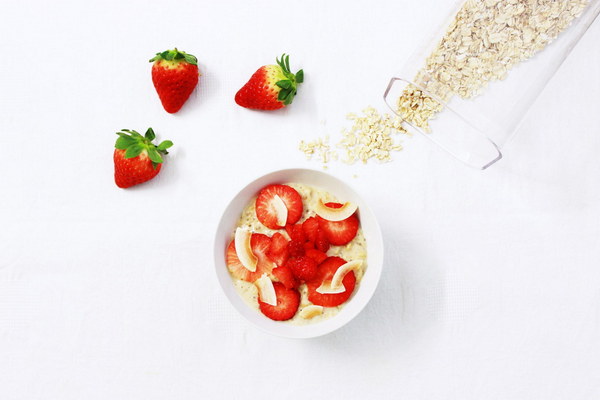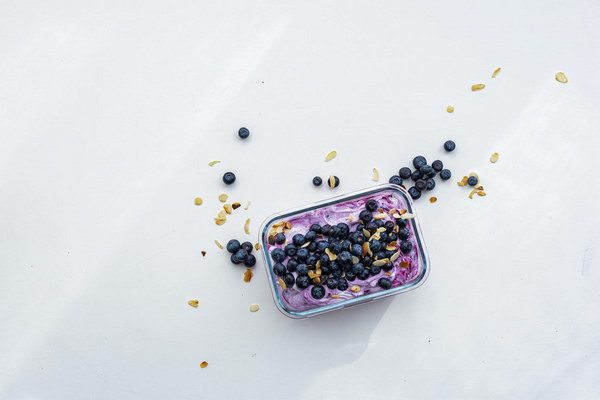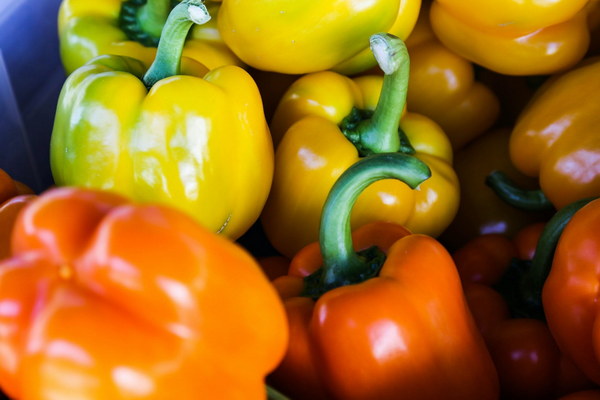Revitalizing Your Health The Power of Chinese Herbs for Spleen and Dampness-Induced Edema
In the realm of traditional Chinese medicine (TCM), the concept of balancing the body's Yin and Yang is crucial for maintaining overall health. One common issue that many people face is dampness in the body, which can lead to various health problems, including edema or swelling. The good news is that there are several Chinese herbs that are known for their spleen-strengthening and dampness-relieving properties. In this article, we will explore these herbs and how they can help you combat dampness-induced edema.

Understanding Spleen and Dampness
In TCM, the spleen is responsible for transforming food into energy, and it plays a crucial role in the digestion and absorption of nutrients. When the spleen is weak, it can lead to dampness, a condition characterized by a buildup of excess fluid in the body. This can result in edema, which is the swelling of body tissues caused by fluid retention. Symptoms of dampness and edema may include bloating, fatigue, weight gain, and discomfort in the joints.
Chinese Herbs for Spleen and Dampness-Induced Edema
1. Atractylodes Macrocephala (Cang Zhu)
Atractylodes Macrocephala, also known as cang zhu, is a well-known herb for its ability to drain dampness and strengthen the spleen. It is commonly used in TCM formulas to treat edema, diarrhea, and general dampness-related symptoms.
2. Poria (Fu Ling)
Poria is another herb that is highly effective in draining dampness and resolving edema. It is often used in combination with other herbs to enhance their effects. Poria also has a calming effect on the mind, which can be beneficial for those suffering from anxiety or stress-related edema.
3. Coptis Chinensis (Huang Lian)
Coptis Chinensis, or huang lian, is a powerful herb that can clear heat and dampness. It is often used in TCM to treat damp-heat conditions, which can contribute to edema. Huang lian works by reducing inflammation and improving circulation.
4. Phyllanthus Urinaria (Bai Zhi)
Bai Zhi, or white peony, is a herb that can drain dampness and relieve pain. It is particularly useful for treating edema that is accompanied by joint pain or stiffness. Bai Zhi can also help improve digestion and reduce bloating.
5. Alisma Orientalis (Ze Xie)
Alisma Orientalis, or ze xie, is another herb that is well-suited for draining dampness and reducing edema. It is often used in conjunction with other herbs to treat chronic edema and fluid retention.
Combining Herbs for Maximum Effect
In TCM, herbs are typically used in combination to achieve the desired therapeutic effect. For example, a formula that includes Atractylodes Macrocephala, Poria, and Alisma Orientalis can be very effective for treating dampness and edema. It's important to consult with a qualified TCM practitioner to determine the best combination of herbs for your specific condition.
Conclusion
While modern medicine offers various treatments for edema, traditional Chinese herbs have been used for centuries to address the root cause of the problem. By strengthening the spleen and draining dampness, these herbs can help alleviate symptoms and promote overall well-being. If you are interested in exploring the benefits of Chinese herbs for spleen and dampness-induced edema, consider consulting with a TCM practitioner to create a personalized treatment plan.
